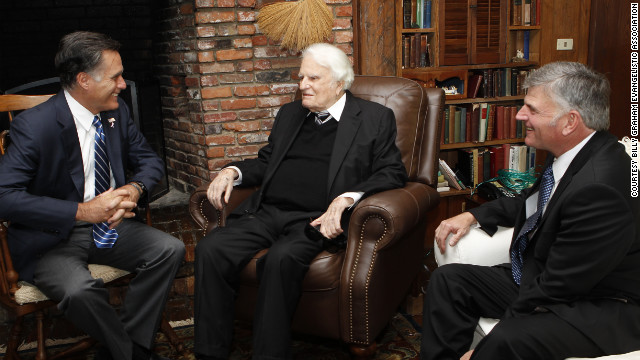The following was first published in the out-of-print book Evangelicals and Rome in 1999:
When Did Graham’s Compromise Begin?
 Billy
Graham’s compromise and disobedience began very early in his ministry.
He was born in 1918 into a Presbyterian home and traces his conversion
to the preaching of evangelist Mordecai Ham in 1934. He graduated from
high school in May 1936 and attended Bob Jones College (which later
became Bob Jones University) in the fall but switched to Florida Bible
Institute after only one semester because he did not like the strict
discipline at Bob Jones.
Billy
Graham’s compromise and disobedience began very early in his ministry.
He was born in 1918 into a Presbyterian home and traces his conversion
to the preaching of evangelist Mordecai Ham in 1934. He graduated from
high school in May 1936 and attended Bob Jones College (which later
became Bob Jones University) in the fall but switched to Florida Bible
Institute after only one semester because he did not like the strict
discipline at Bob Jones.
He notes in his biography that “one thing that thrilled me [about
Florida Bible Institute] was the diversity of viewpoints we were exposed
to in the classroom, a wondrous blend of ecumenical and evangelical
thought that was really ahead of its time” (Graham, Just As I Am , p.
46).
It was during his time in Florida that Graham felt the call to
preach. In late 1938, he was baptized by immersion in a Baptist church,
and in early 1939, he was ordained to preach by a Southern Baptist
congregation. Continue at John Samson









